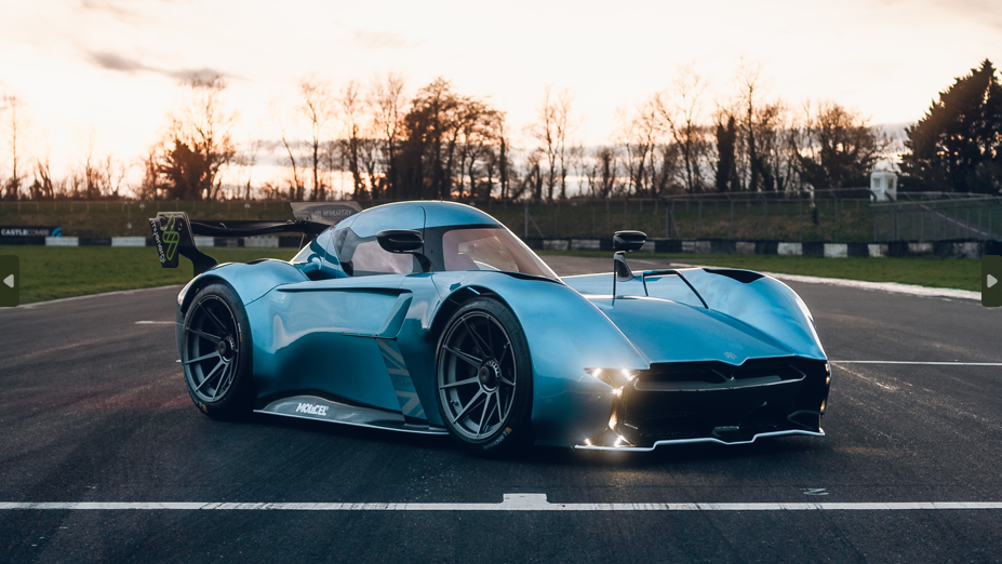How About:Energy is helping McMurtry take on electric track records
The record-breaking McMurtry Spéirling EV is about to get a battery upgrade. Andrew Wade spoke to About:Energy’s Gavin White about testing and modelling its high performance cells.

Two years ago, the all-electric McMurtry Spéirling fan car shattered the Goodwood Festival of Speed’s hill climb record, clocking a time of 39.08 seconds. The hair-raising run shaved more than two seconds off the previous time, set by a Formula 1 McLaren in 1999. In the wake of its Goodwood success, McMurtry is now on the cusp of launching the Spéirling Pure, a track-ready version available to the public for a cool £1 million.
Needless to say, battery performance is fundamental to McMurtry’s endeavours. As well as powering the Pure’s 1000 bhp (745kW) peak output, its battery pack also serves the ‘Downforce-on-Demand’ fan system, enabling the vehicle’s incredible cornering speed. On top of this, the pack needs to be able to rapidly recharge so that a day out at the track doesn’t involve waiting around for hours in between each face-melting run.
So far, the various iterations of the Spéirling have been powered by the P45B, a high-performance lithium-ion cell manufactured by Taiwan’s Molicel. Production models of the Pure, however, are set to be equipped with Molicel’s follow up, the P50B, a 5.0Ah 21700 form factor cell, claimed to have one of the highest power densities in the world at 260Wh/kg.
Register now to continue reading
Thanks for visiting The Engineer. You’ve now reached your monthly limit of premium content. Register for free to unlock unlimited access to all of our premium content, as well as the latest technology news, industry opinion and special reports.
Benefits of registering
-
In-depth insights and coverage of key emerging trends
-
Unrestricted access to special reports throughout the year
-
Daily technology news delivered straight to your inbox











Water Sector Talent Exodus Could Cripple The Sector
Well let´s do a little experiment. My last (10.4.25) half-yearly water/waste water bill from Severn Trent was £98.29. How much does not-for-profit Dŵr...